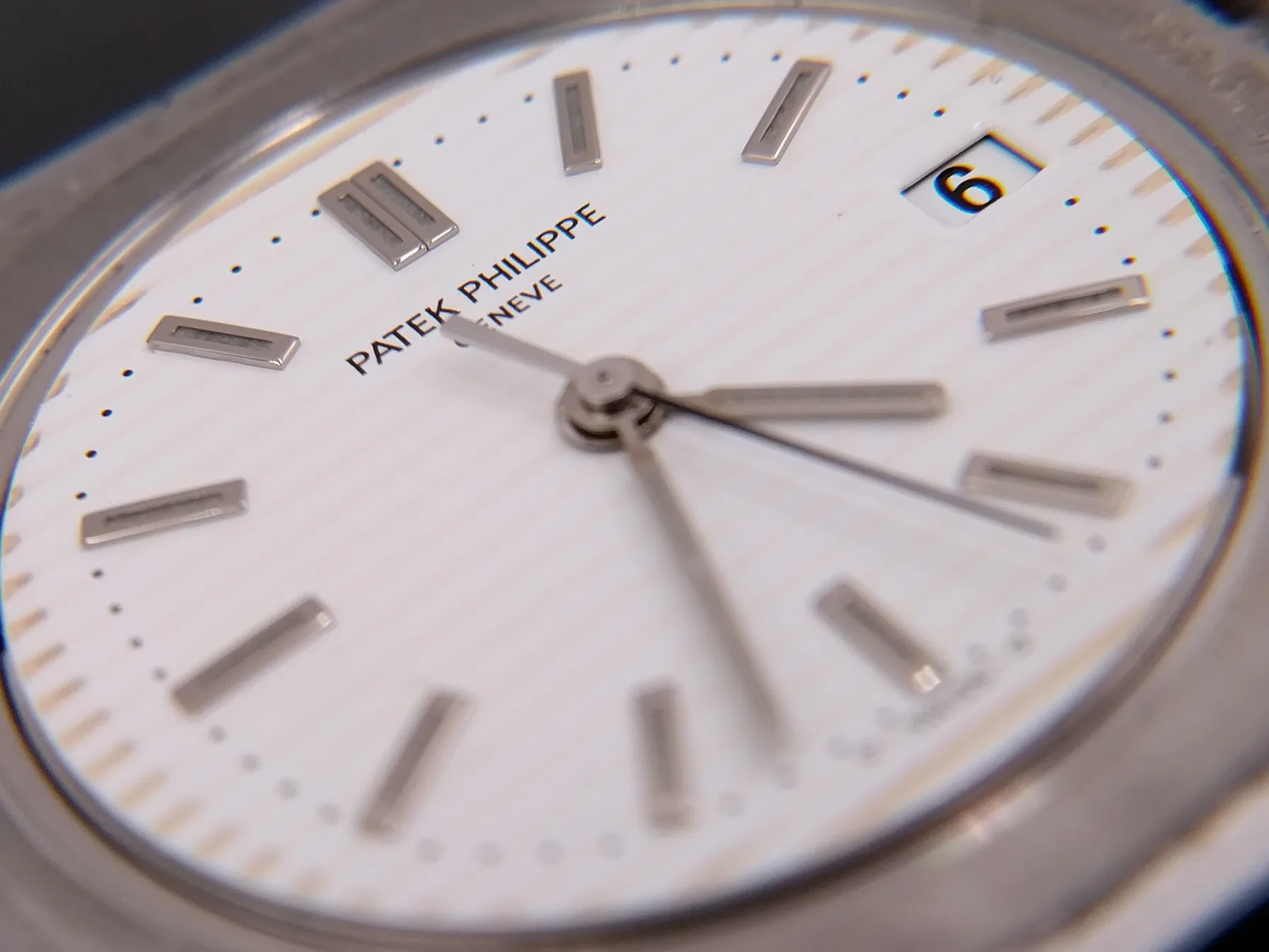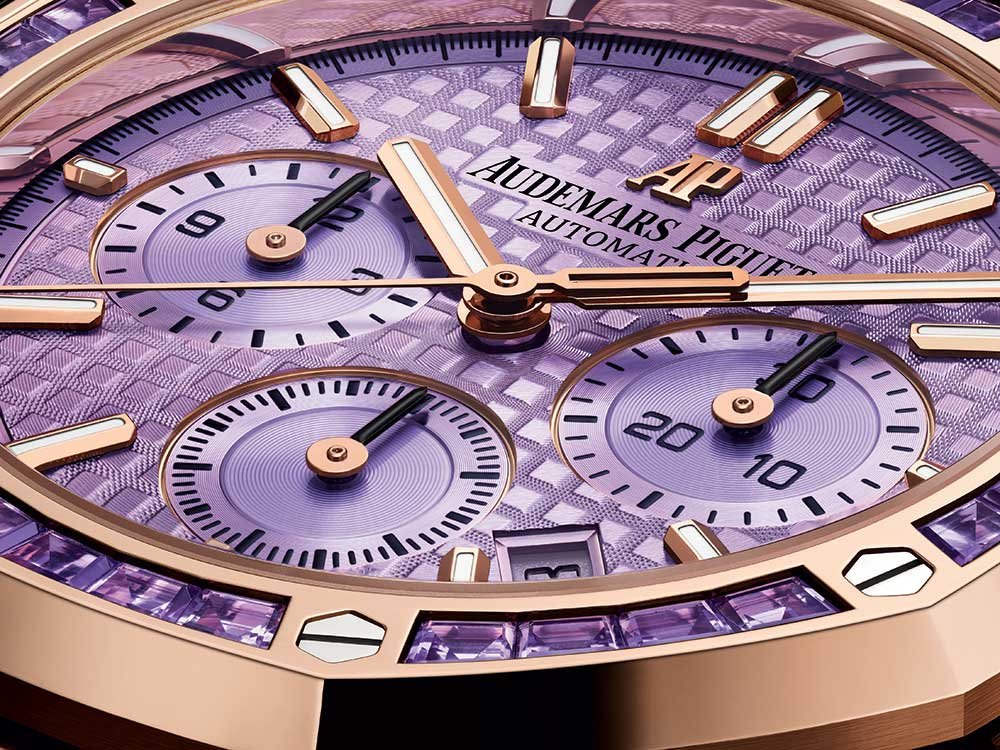Frequently Asked Questions
-

What Watches Do The Military Use?
Key Takeaways 1. The military uses a variety of watches that are specifically designed to meet their needs. The military requires watches that are durable, accurate, and reliable. These watches are often resistant to extreme conditions such as water, shock, and temperature variations. They also incorporate special features like compasses, night vision compatibility, and GPS
-

Which Watches Are Made In Switzerland?
Switzerland is renowned for its watchmaking prowess. This tiny European nation boasts a long-standing tradition in horology and is home to some of the world’s finest timepieces. From Rolex and Patek Philippe to Audemars Piguet and Jaeger-LeCoultre, the country offers an impressive selection of luxury watches. Swiss watchmaking dates back to the 16th century when
-

Which Watches Do Pilots Wear?
Key Takeaways What Watches Do Pilots Wear? Pilot watches are a unique category of timepieces designed to meet the specific needs of aviators. These iconic historical watches for pilots go beyond telling time; they are essential navigation tools that assist pilots during flights. With their distinctive features and functionality, pilot watches are both practical and
-

Which wrist should one wear a watch on?
In the world of watches a question often arises: to what wrist should you wear your watch? The answer to this question is actually much more complex than it seems. If the tradition can give us some pointers, it is above all a question of choice staff and convenient. Here we’ll explore the different reasons
-

Are Watches Cheaper In Europe?
Key Takeaways Are Watches Cheaper In Europe? When it comes to purchasing watches, many enthusiasts wonder if they are cheaper in Europe. The answer is not a straightforward yes or no. While it is possible to find watches at lower prices in Europe compared to other regions, several factors contribute to the overall cost. In
-

Are Watches Obsolete?
Key Takeaways: Are Watches Obsolete? With the advent of smartphones, smartwatches, and other digital devices, some may argue that traditional wristwatches have become obsolete. However, this perspective overlooks the enduring appeal and practicality of watches in our everyday lives. While watches may no longer be the sole timekeeping devices, they continue to hold significant value
-

What Watches Go Up In Value?
Key Takeaways Introduction Watches serve not only as timekeeping instruments but also as objects of desire and investment. While most watches may depreciate in value over time, there are certain timepieces that have the potential to appreciate and become more valuable in the future. In this article, we will explore the factors that contribute to
-

What Watches Have Fall Detection?
Key Takeaways What Watches Have Fall Detection? Fall detection has become an increasingly sought-after feature in smartwatches, offering peace of mind to individuals who are concerned about their safety or have medical conditions that may make them prone to falling. Let’s explore some popular watch brands that offer fall detection capabilities: 1. Apple Watch The
-

What Watches Work With Iphone?
Key Takeaways Apple Watches are compatible with iPhones and offer a seamless integration between the two devices. Other smartwatches, such as those using Wear OS or Samsung’s Tizen, can also work with iPhones to varying degrees. Compatibility between iPhone and non-Apple smartwatches may be limited in terms of features and functionalities. Traditional watches, without smart
-

Are Watches Out Of Style?
Key Takeaways Watches have been a timeless accessory for centuries, but with the advent of smartphones and digital devices, some argue that watches have become outdated. However, watches continue to be a symbol of style, craftsmanship, and status. While the rise of technology may have impacted the watch industry, it has also given birth to
-

Are Watches Supposed To Be Loose?
Key Takeaways Watches are not supposed to be loose; they should fit comfortably on your wrist without being too tight or too loose. A properly fitting watch ensures accurate timekeeping, prevents damage or scratches, and enhances overall comfort. Factors like wrist size, watch style, and personal preference should be considered when determining the right fit.
-

What Watches Do Astronauts Wear?
What Watches Do Astronauts Wear? Key Takeaways Astronauts wear specially designed watches that are suitable for use in space. The most commonly worn watch by astronauts is the Omega Speedmaster Professional. Introduction When it comes to exploring the vastness of space, astronauts rely on a range of advanced technologies and equipment to ensure their safety
-

Will Apple Watches Go On Sale?
Key Takeaways As a watch expert, I am frequently asked if Apple Watches will go on sale. The answer is yes, Apple Watches do go on sale from time to time. However, it is important to understand that Apple rarely offers steep discounts on their products. Instead, they may introduce special promotions or bundle deals
-

What Watches Do Special Forces Wear?
Key Takeaways – Special forces personnel often choose rugged and reliable watches to accompany them on their missions. – Durability, water resistance, and functionality are key factors when selecting watches for special forces. – Many special forces units have specific watch requirements and preferences. – Some popular watch brands that are favored by special forces
-

How Watches Are Made?
Key Takeaways Watches are intricate timekeeping devices that are meticulously crafted through a series of precise manufacturing processes. The production of a watch involves various steps, including designing, creating the movement, assembling the components, and quality control. Let’s dive deeper into how watches are made. How Watches Are Made: A Step-by-Step Guide Step 1: Designing
-

Are Watches Jewelry?
Key Takeaways Watches can be considered as both jewelry and functional timepieces. While they serve the primary purpose of telling time, they also possess elements of elegance and style, making them a popular choice for accessorizing. Although some may argue against watches being classified as jewelry, their aesthetic appeal, use of precious materials, and intricate
-

How Watches Work?
Key Takeaways Watches are timekeeping devices that use a combination of mechanical, electronic, or quartz movements to track time. The basic components of a watch include the movement, dial, hands, and case. Mechanical watches rely on a complex system of gears, springs, and escapements to keep time. Quartz watches use a battery-powered quartz crystal oscillator
-

What Watches Do Navy Seals Wear?
Key Takeaways What Watches Do Navy SEALs Wear? When it comes to military special operations, Navy SEALs are known for their exceptional skills and resilience. These elite warriors undergo intense training and carry out missions in some of the harshest environments on Earth. To assist them in their operations, Navy SEALs require a watch that
-

Why Watches Are So Expensive?
Key Takeaways: Introduction: Watches have been a symbol of style, status, and craftsmanship for centuries. From simple timekeeping devices to intricate masterpieces, watches come in various forms and price ranges. While some watches are affordable and cater to a wider audience, there are also watches that come with a hefty price tag. In this article,